本文由 Hooba Design Group 授权mooool发表,欢迎转发,禁止以mooool编辑版本转载。
Thank Hooba Design Group for authorizing the publication of the project on mooool, Text description provided by Hooba Design Group.
Hooba Design Group:将建筑单体的个性表达最小化,强调城市作为一个整体性,是否有助于统一城市景观?将建筑的不同元素(包括墙、窗、门等)组合起来,并减少建筑材料的种类,可以在某种程度上解决这个所谓的问题。该建筑项目是Kohan Ceram砖制造公司的总部。设计保留现有的混凝土结构,建筑师决定设计一种能够代表工厂的特殊的砖作为立面材料。问题是这种众所周知的建筑材料是否能够超越其简单的作用,改变人们对复杂建筑的看法,并将不同的建筑元素结合起来,形成一种新的现象?如何通过减弱建筑形式来减少城市风景中的视觉干扰?
Hooba Design Group:Is it possible to unify the urban scenery by minimizing the formic expression of buildings as singular objects and emphasizing the city as a whole? Unitizing different elements of the building including walls, windows, doors, etc., as well as reducing the variety of building materials could somehow address the so-called issues. The project was designed as the headquarters for Kohan Ceram Brick Manufacturing Company. Preserving the existing concrete structure, it was decided to Design a special brick (by architect) to represent the factory. Now the question is, could this well-known building material move beyond its simple role and help changing the perceptions towards a complicated building and to combine different building elements to reach a new phenomenon? How could we reduce the visual disturbance in the urban scenery by introducing weak forms as building objects?

该建筑的故事始于一种新的模块化的玻璃砖,别称“戴眼镜的砖”。这个材料既有通透性又坚固,可以从内部看到城市,是砖石、装饰、绝缘材料,也拥有其他更多的功能。
The story of Kohan Ceram building was started when a new modular creature was formed called the “Spectacled Brick”. This little guy had transparency and solidity in one piece and could see the city from within. It worked as the masonry, the finishing, and the insulation at the same time but still wanted to be more than that.
▼戴眼镜的砖 The Spectacled Brick
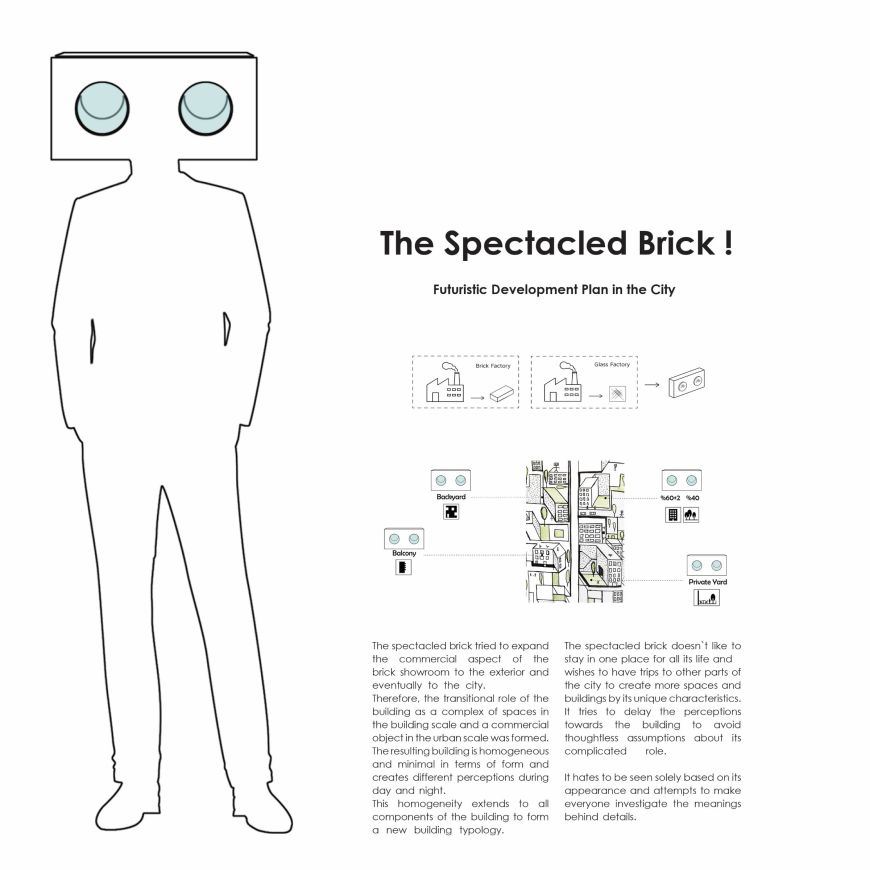 ▼双层墙砖细节大样 Detail sample of the two-ply wall
▼双层墙砖细节大样 Detail sample of the two-ply wall
它不仅是二维的外部立面,还在三维体量上以模块化的形式延伸出了内部绿色空间,取代了普通的墙壁和窗户,定义了建筑中不同的空间。
The Spectacled Brick not only formed the exterior façade but also transformed from a surface into a volume that extended into the building in the form of modular greenspaces. Replacing ordinary walls and windows, these modules defined different spaces in the building. Therefore, the interior walls were formed by the extension of the exterior walls, following the main design criteria which were to merge dual qualities.
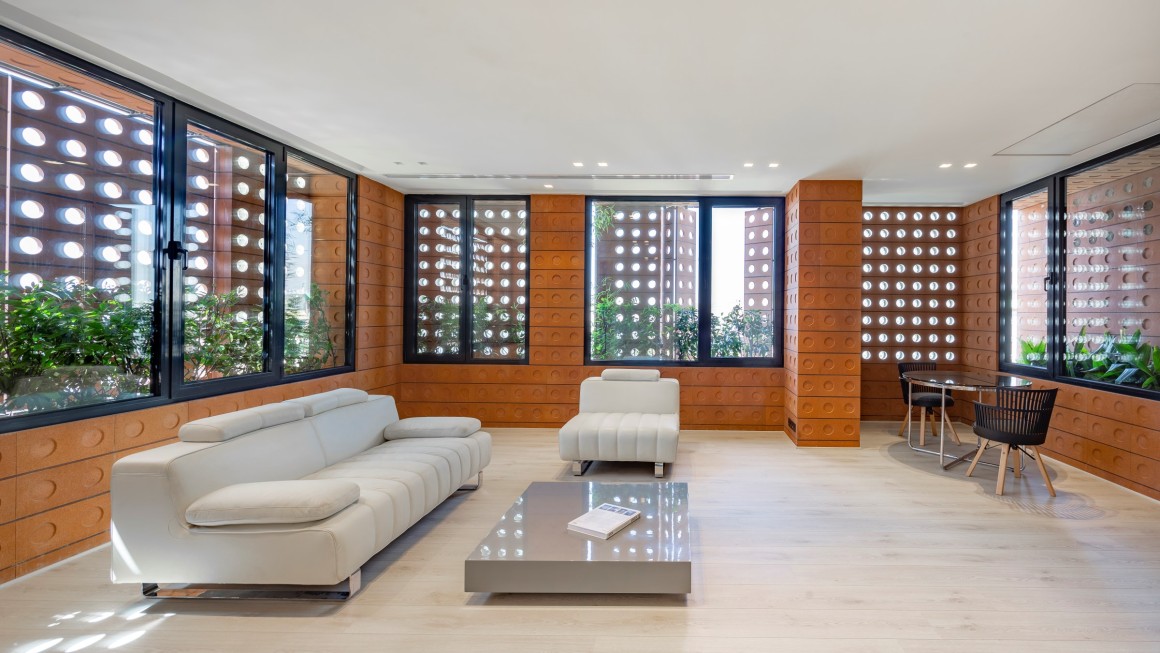
渗透是玻璃砖最受欢迎的概念。设计师利用其半透明的性质,将自然风和自然光从外部渗透到内部,使内外空间融合,淡化了两者之间的边界,减缓了人们对建筑的感知,使得建筑在白天和晚上都可内外共赏。其他材料被严格禁止参与建筑的建造,并且砖的铺设始终保持其几何形状。
Bringing the natural lighting inside spaces in a mysterious way, the Spectacled Brick delayed the perceptions towards the building. It made the building both introverted and extroverted during day and night. It strictly banned other materials to take part in the making of the building and always kept loyal to its geometry. Penetration was the favorite notion for the Spectacled Brick. Making use of its semi-transparent nature, it merged the exterior with the interior to fade the boundary between the two. The spectacled brick was aware of the ventilation and light exposure benefits caused by the penetration of exterior to interior and used this technique to organize spaces inside the building.

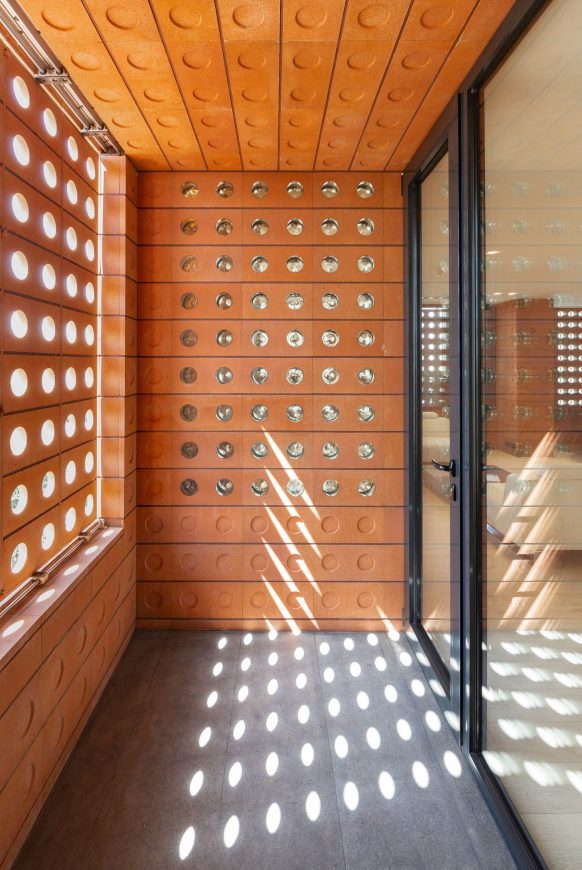
▼这种戴眼镜的砖使建筑在白天和晚上都可内外共赏 The Spectacled Brick made the building both introverted and extroverted during day and night

玻璃砖将建筑的不同特质进行整合,比如室内和室外、向内和向外、立面和空间、透明度和坚固性、自然光和人工照明等,不仅同时拥有两者的共同特点,还为建筑创造了全新的价值,从而解决了设计上的挑战。它还解决了建筑的功能要求——商业和居住。砖砌展厅的商业特色延伸到了外立面,最终扩展到整个城市,从建筑尺度上的一个空间综合体过渡到了城市尺度上的一个商业形象。
The spectacled brick integrated building qualities such as interior and exterior, introversion and extroversion, façade and space, transparency and solidity, natural and artificial lighting, to create a new phenomenon that not only carries features from both components but also introduces new values to the system. Therefore, design challenges were resolved by merging these dual components into unique elements. It also used this homogeneity to address the programmatic requirement of the project which included both commercial and residential spaces. It tried to expand the commercial aspect of the brick showroom to the exterior and eventually to the city. Therefore, the transitional role of the building as a complex of spaces in the building scale and a commercial object in the urban scale was formed.
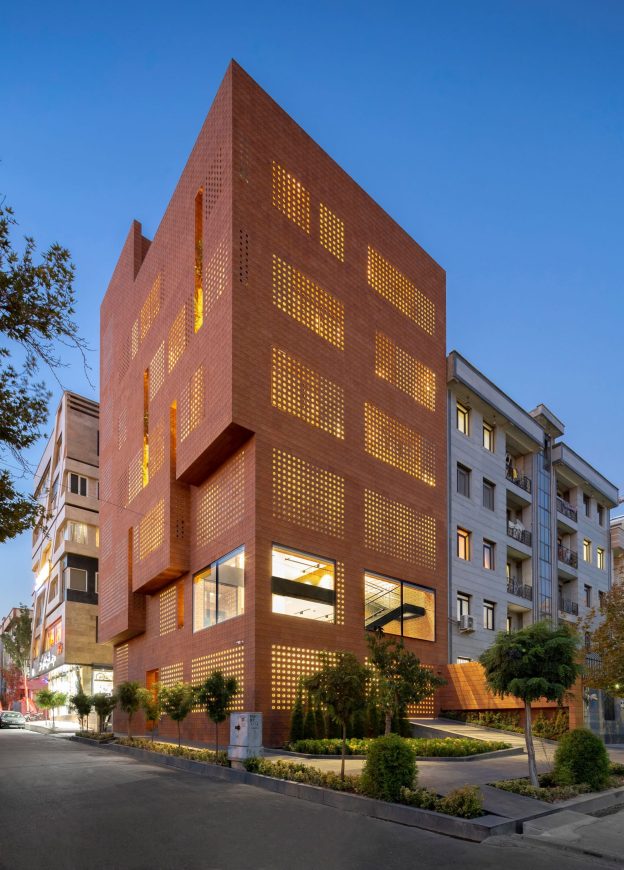
零碳排 Net Zero Operation Carbon
用户可以通过调节砖百叶窗来控制建筑的采光和温度,从而控制太阳辐射热。第二层与第一层之间有60cm的间隙,包含主窗开口用于自然通风。该系统显著降低了建筑能源需求。
这栋楼的照明系统装有运动传感器。此外,冷却/加热系统由吊顶风机盘管组成,每个区域都有独立的操作系统,并配有传感器检测人的存在来开启或关闭。所有这些系统都对降低建筑能耗有很大的影响。
Radiation and solar heat gain is controlled by a passive system, using operable brick louvers. Users can control daylighting and temperature by adjusting the shades. With a 60cm gap from the first layer, the second layer of the façade contains the main window openings for natural ventilation. This system significantly reduces building energy demand.
The lighting system in this building is equipped with motion sensors. Moreover, the cooling/ heating system consists of ceiling fan coils with separate operational systems in each zone, equipped with sensors detecting the human presence to turn on or off. All of these systems have a great impact on reducing energy consumption in the building.
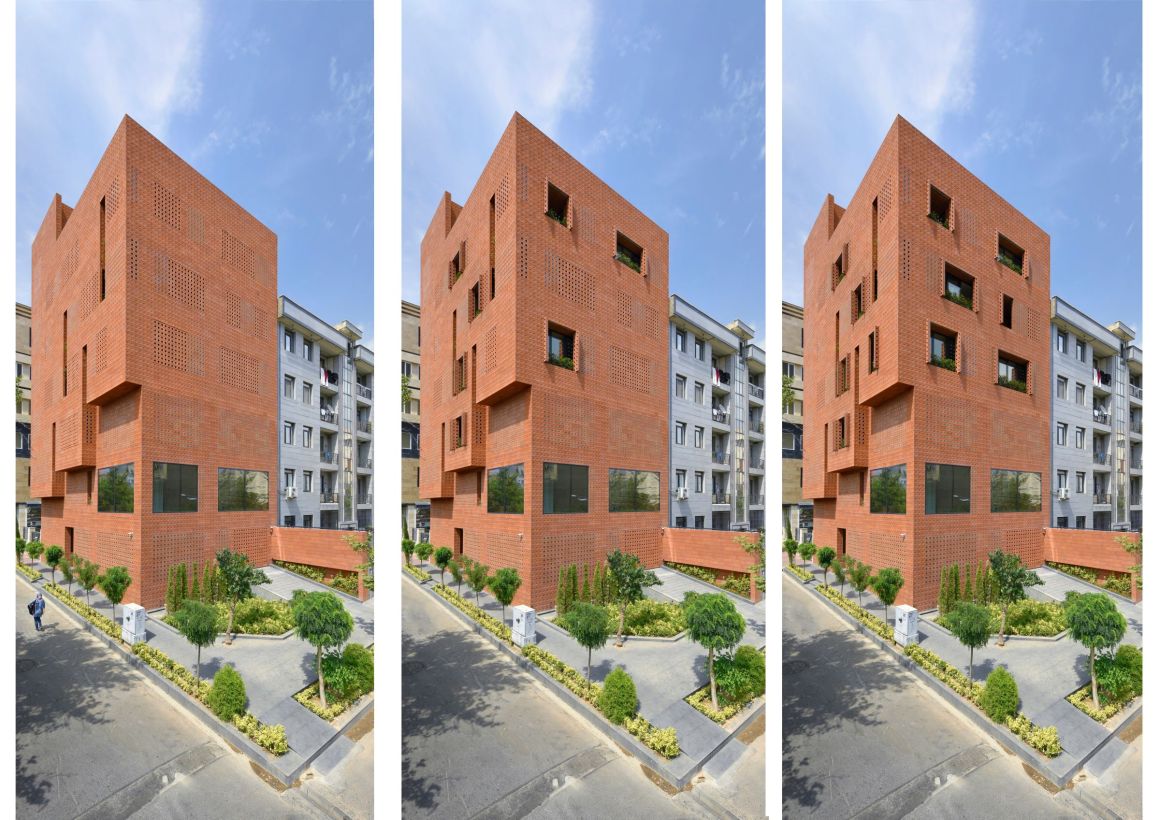
健康和幸福 Good Health and Wellbeing
在某些部分,建筑的立面延伸到内部空间,形成深达5m的空隙,以引入自然光线和自然风。进入这些空隙的空气会被植物过滤,从而变得更加清新,污染也更少。
建筑面积中约有70平方米用于绿化。这些绿色空间过滤并滋润了德黑兰干燥又带有污染的空气,提高了室内的生活质量。
In some parts of the building the façade has been extended to the interior spaces, forming deep voids (up to 5m) inside the spaces to bring in natural light and ventilation. The air entering these voids gets filtered by the vegetation in the flower boxes along the void length to become fresh and less polluted.
Approximately 70sqm of total floor area of the building has been dedicated to greenspaces. These greenspaces significantly affect the quality of life by filtering and moistening the air in the dry and polluted climate of Tehran.
在南立面和西立面,阳光照射相对更多,砖玻璃可以捕获多余的太阳能,并允许最佳数量的光和热进入建筑内部。统计数据显示,67%的建筑面积符合全年采光质量标准(UDI)。
On the south and west facades where sunlight exposure is higher than normal, the brick-glass modules capture the excess sun energy and allows an optimized amount of light and heat to enter the building. Statistics show that 67% of the total building area is within the Useful Daylight illuminance (UDI) range.
▼玻璃砖采光&太阳辐射热分析 Lighting function & Thermal behaviour
该项目中使用的砖是可回收的,对生态系统的影响最小,并且在德黑兰的气候条件下维护成本很低。一些室内空间被玻璃隔板隔开,视线没有阻碍,也能让阳光渗透。
The brick used in this project is recyclable, has minimum effect on the ecosystem, and is cheaper to maintain in the climatic condition of Tehran. Some of the interior spaces have been separated by glass partitions to create visual connection and to allow better sunlight penetration.

▼平面图 Plan
▼建筑模型 Model
▼模型演变 Design process
▼立面图 Elevation
▼剖面图 Section
项目名称:Kohan Ceram砖制造公司总部
项目周期:2016年到2019年
地址:伊朗,德黑兰
面积:1050平方米
建筑&景观设计:Hooba Design Group
建筑师:Hooman Balazadeh
项目团队:Parima Jahangard, Mohsen Tahmasebi, Mostafa Dadashpour
现场监管:Mohsen Tahmasebi
细节设计:Bahram Afsari, Mohsen Tahmasebi
模型:Mehran Alinezhad
平面设计:Shafagh kia, Maryam Eghlimi
标志设计:Masi Divandari
工程:Iman Ilbeigi
建筑管理:Mohsen Tahmasebi
灯光:FAD
家具:Harmony Co
客户:Rahman Kohan pour
摄影:Parham Taghioff,Deed Studio
编辑:寿江燕
Project name: Kohan Ceram
Project Year: 2016- 2019
Location: Tehran, Iran
Size: 1050 sqm
Architecture and Landscape Design: Hooba Design Group
Architect: Hooman Balazadeh
Project Team: Parima Jahangard, Mohsen Tahmasebi, Mostafa Dadashpour
Site Supervision: Mohsen Tahmasebi
Detail Design: Bahram Afsari, Mohsen Tahmasebi
Physical Modeling: Mehran Alinezhad
Graphic: Shafagh kia, Maryam Eghlimi
Sculptural Logo Designer: Masi Divandari
Engineering: Iman Ilbeigi
Building Management: Mohsen Tahmasebi
Lighting Design: FAD
Furniture: Harmony Co
Client: Rahman Kohan pour
Photo credits: Parham Taghioff, Deed Studio
Editor: Jiangyan Shou
更多 Read more about: Hooba Design Group


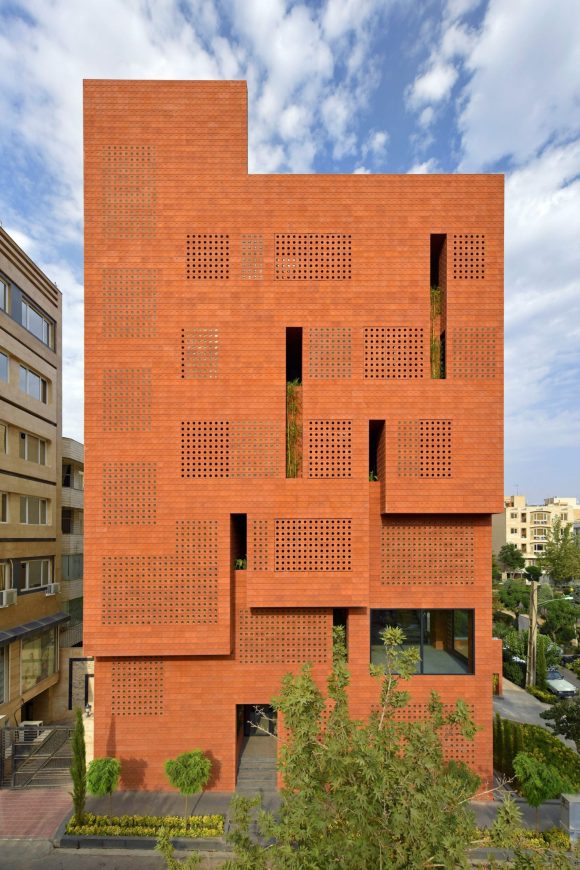
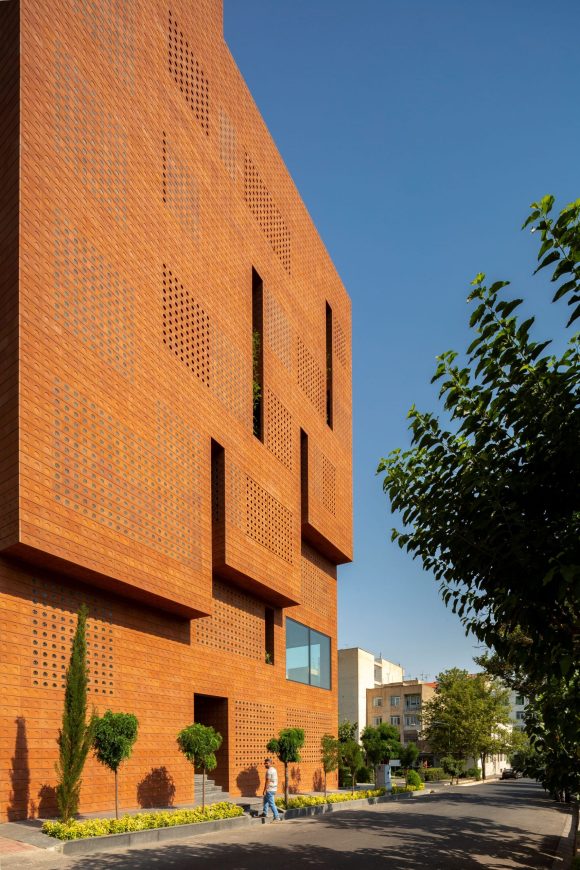
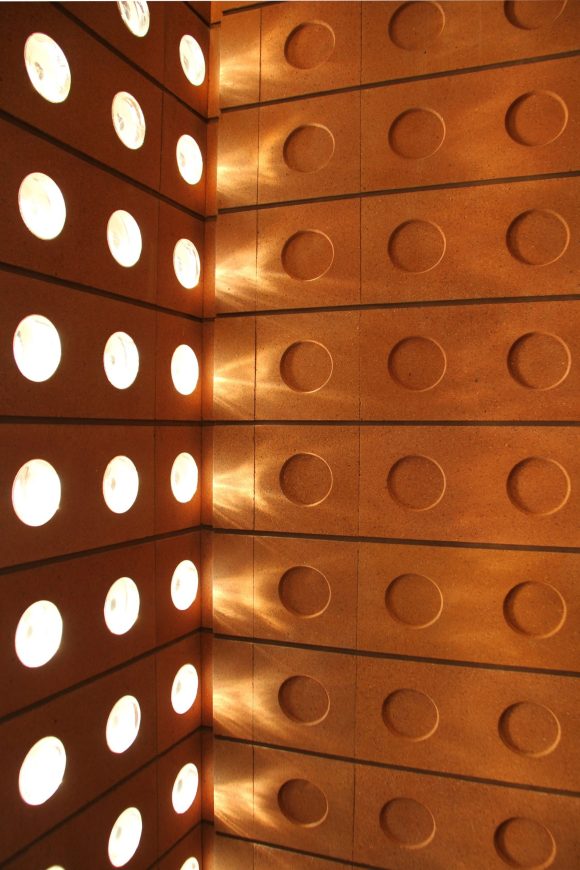
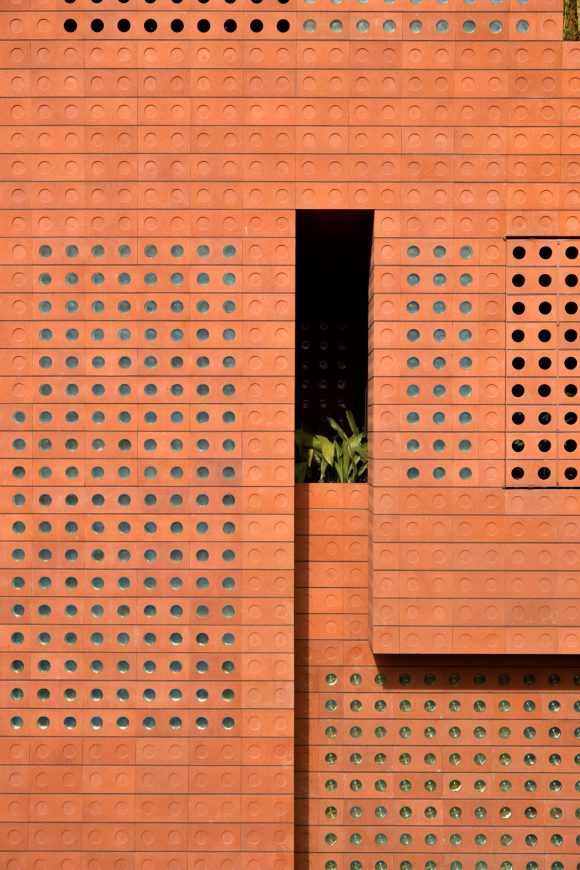
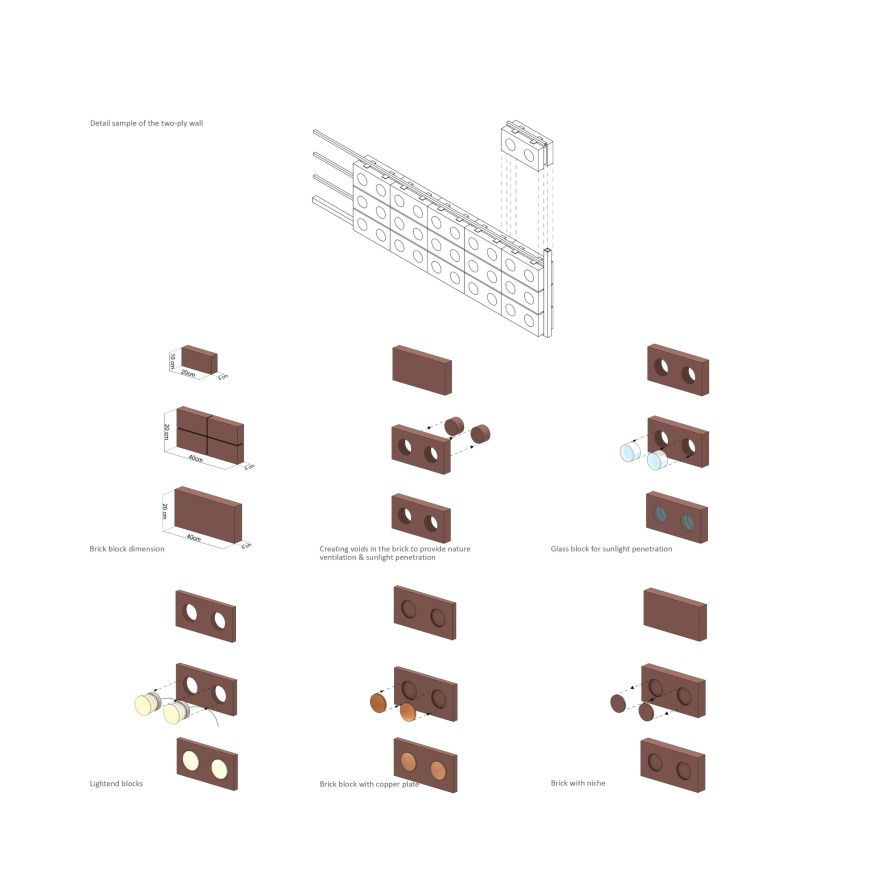
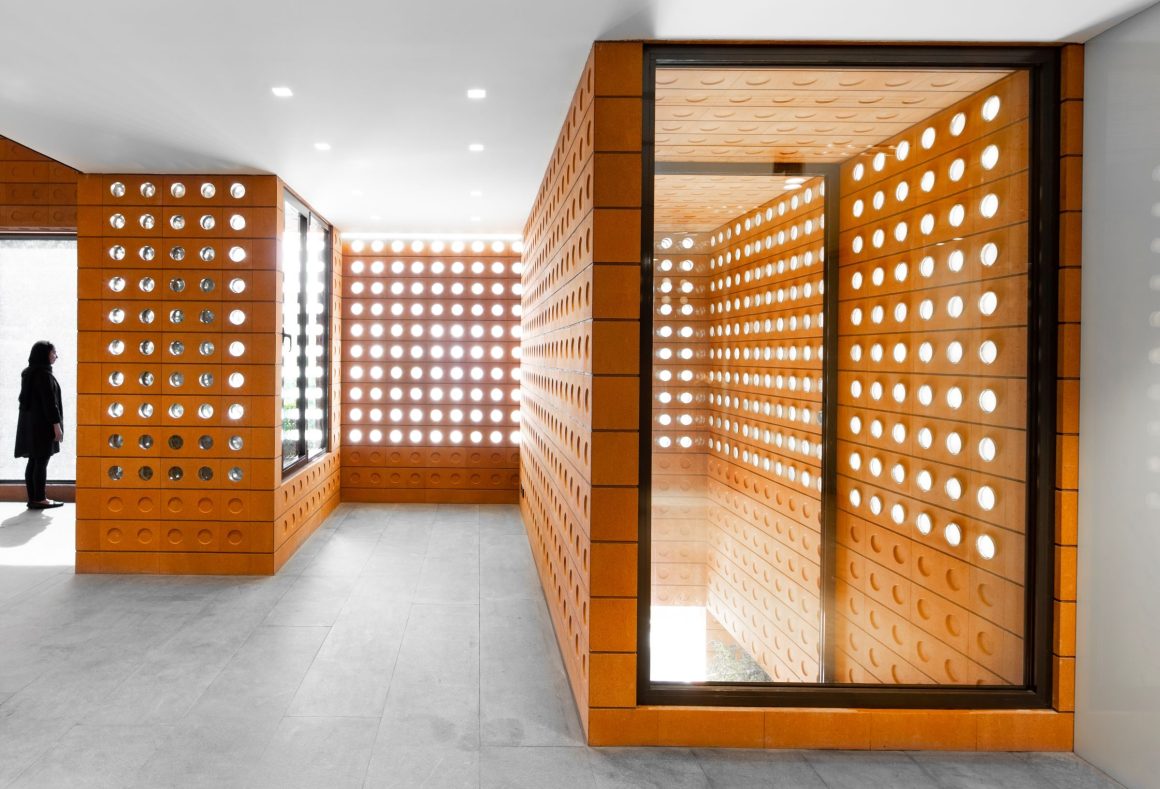


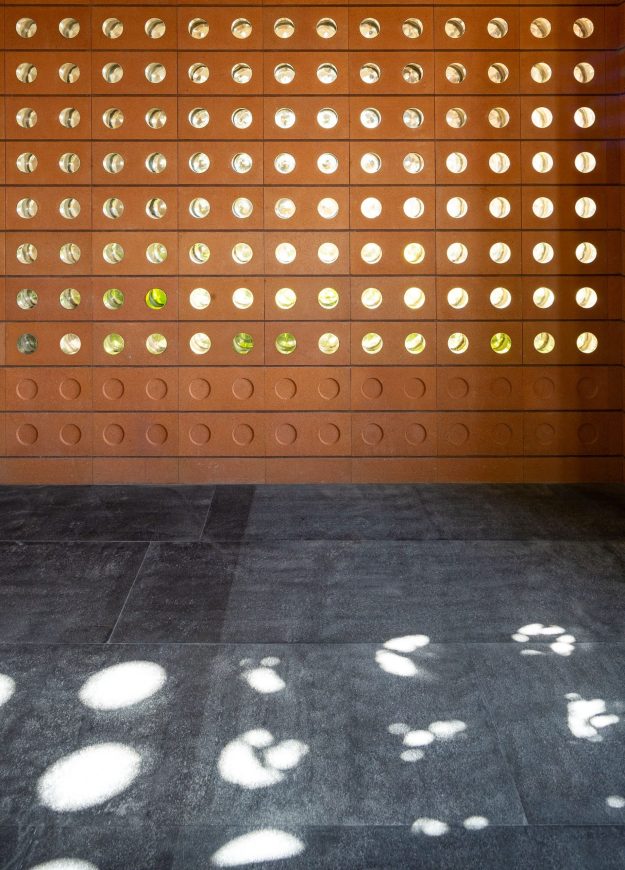

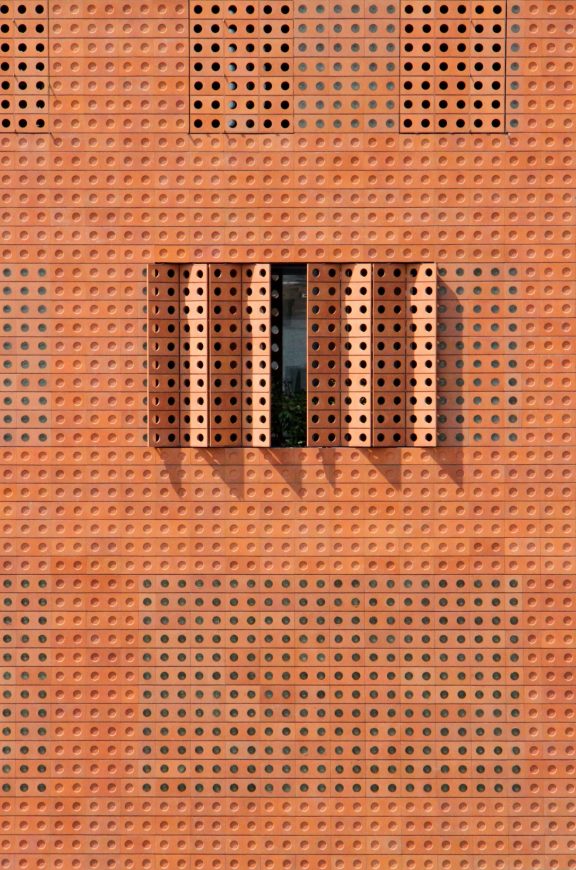
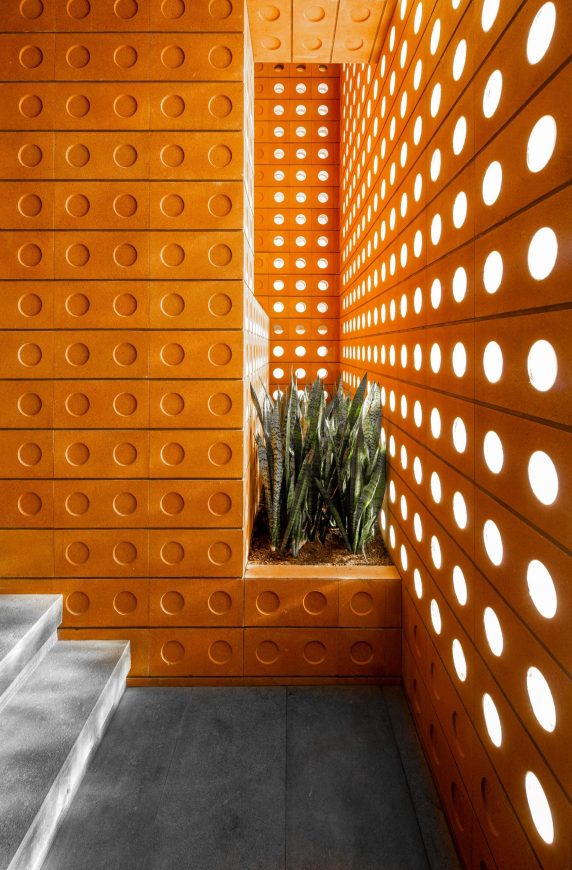
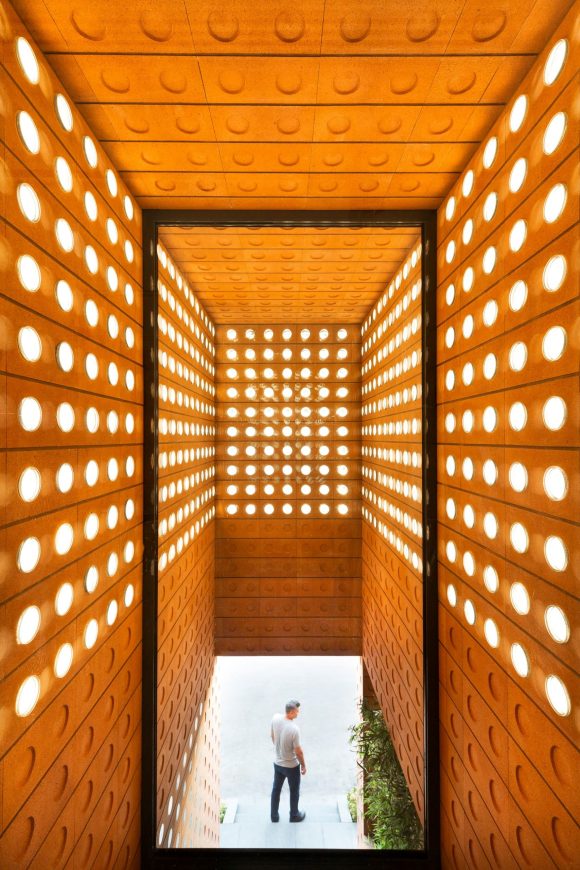
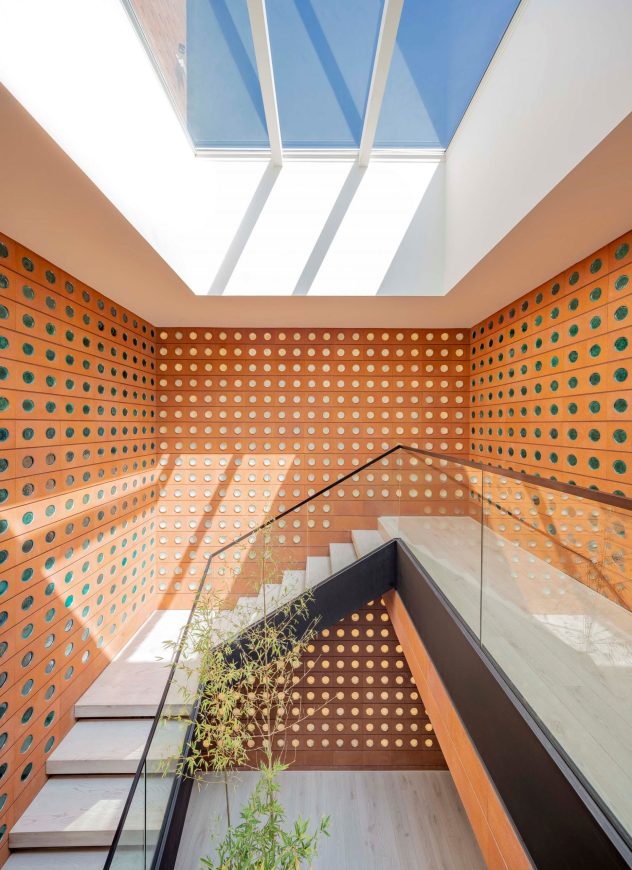

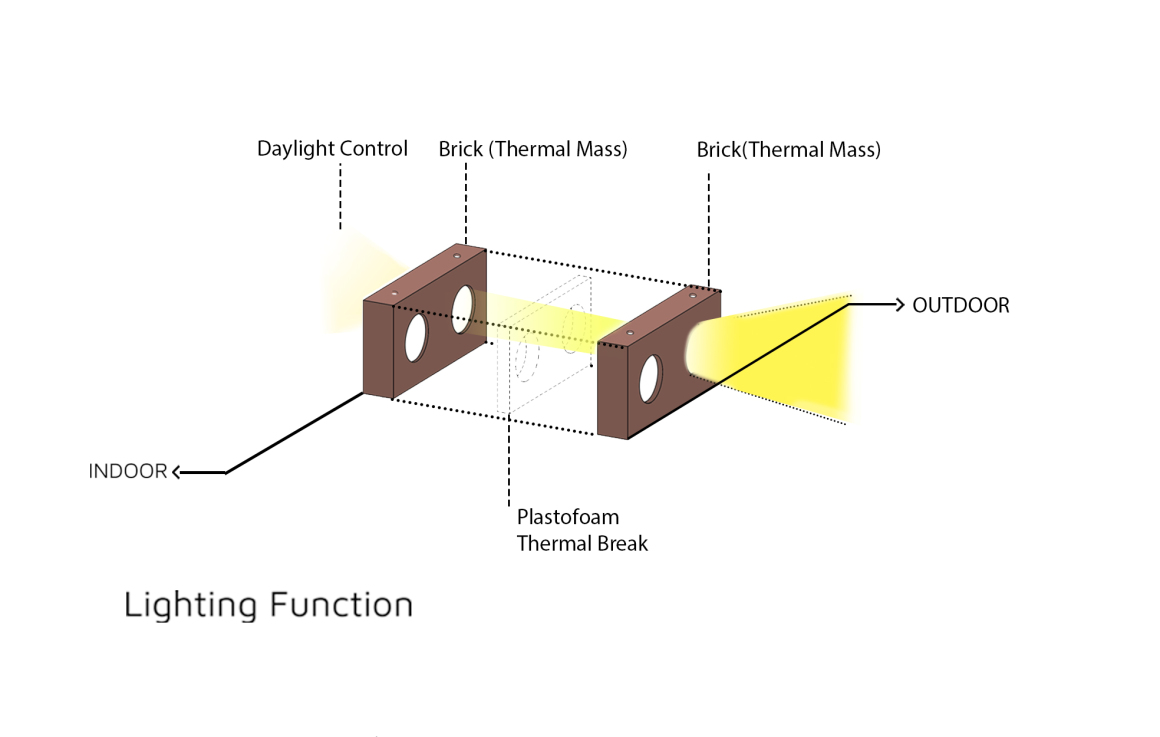
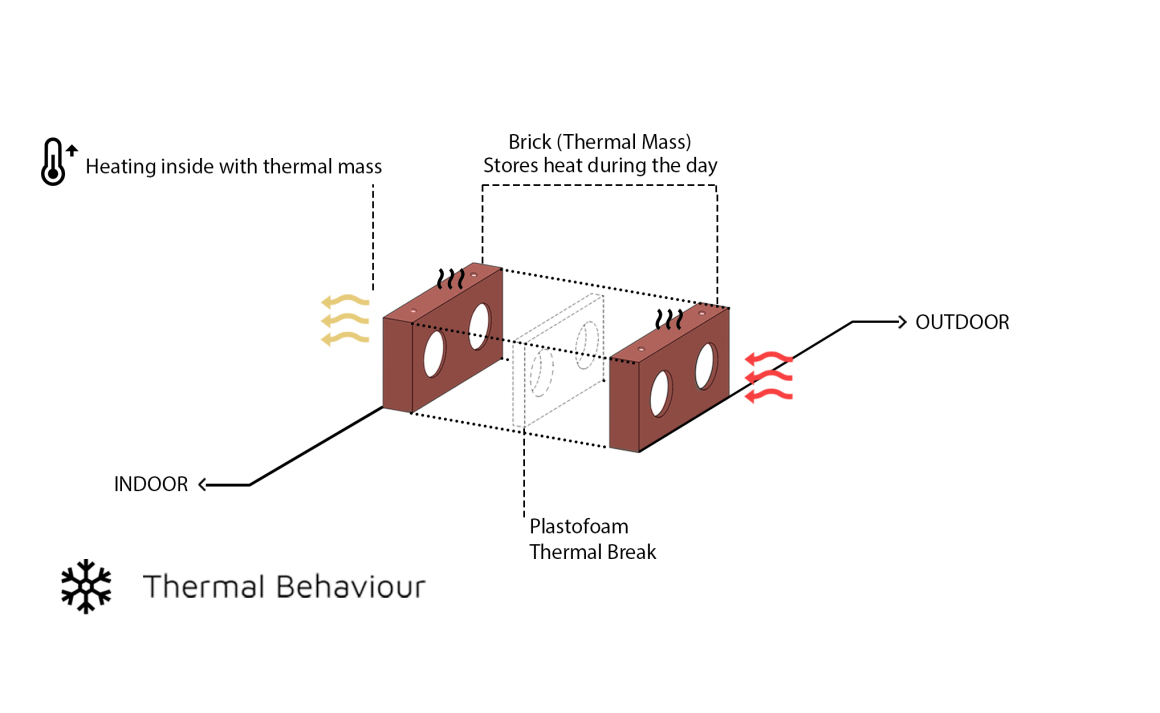
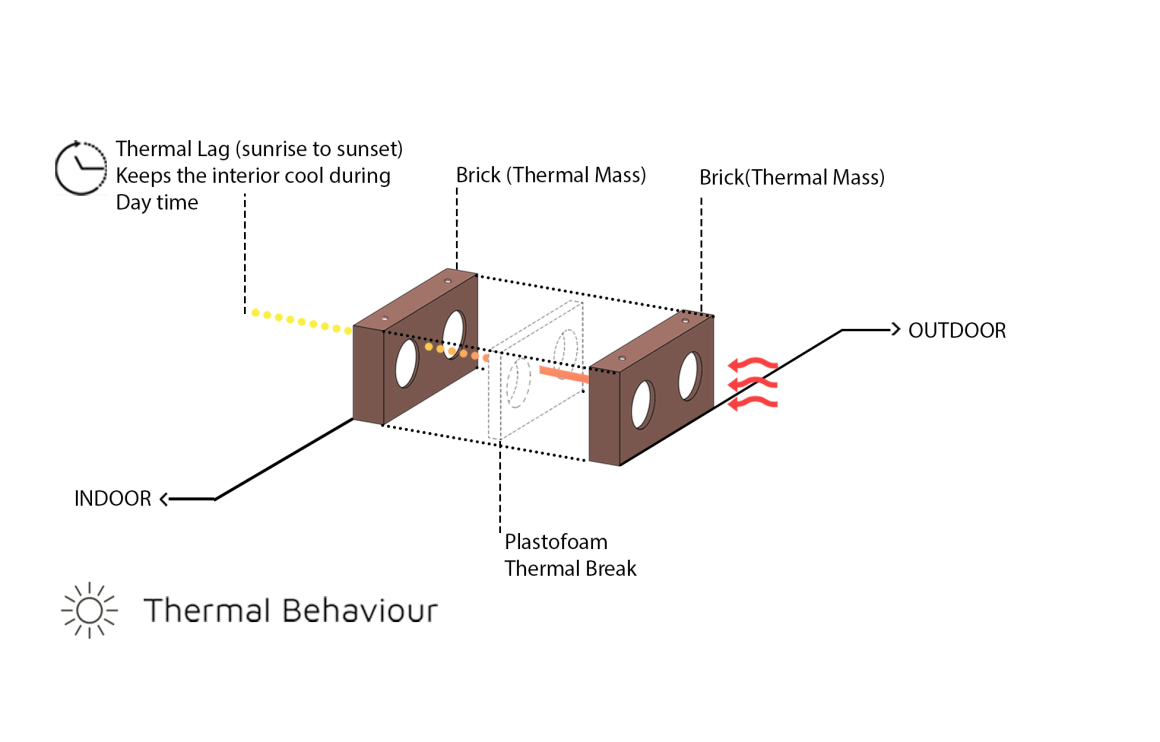
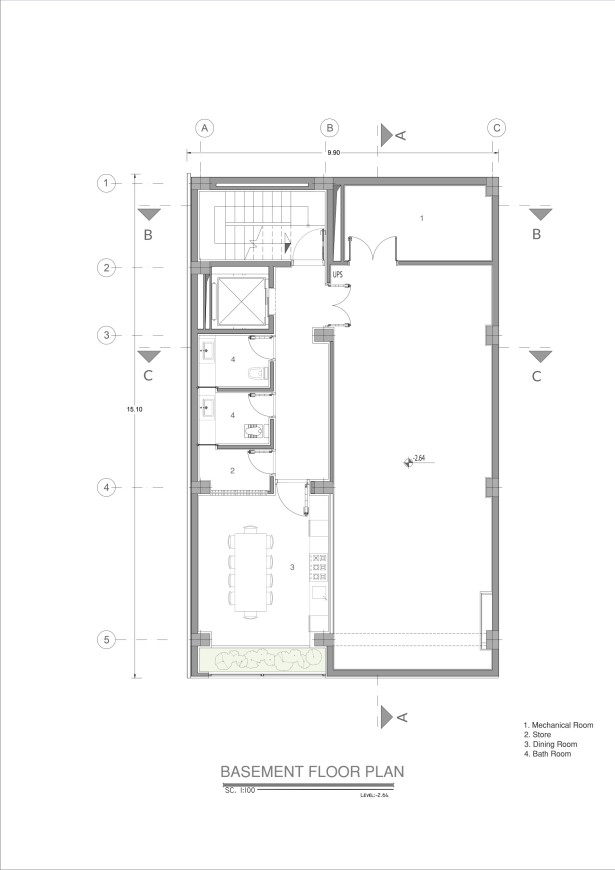
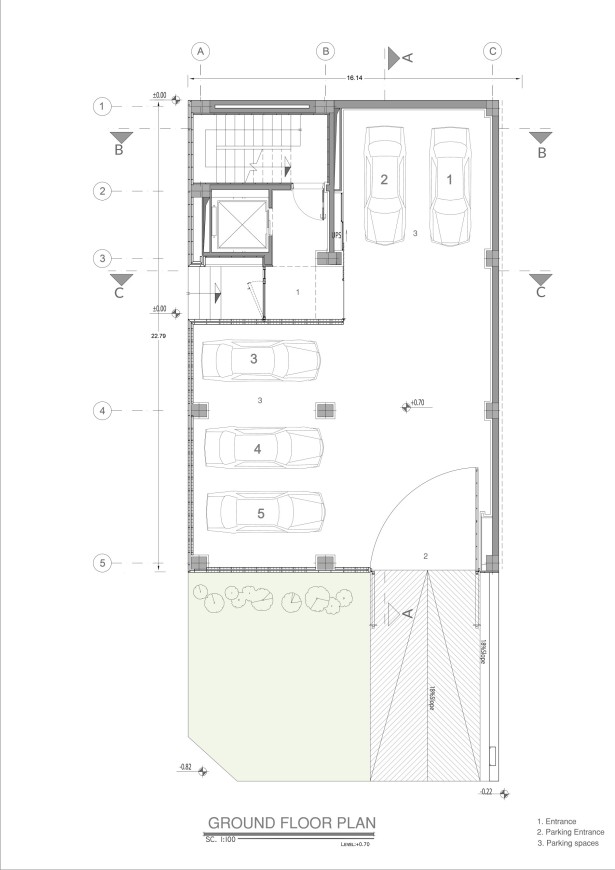
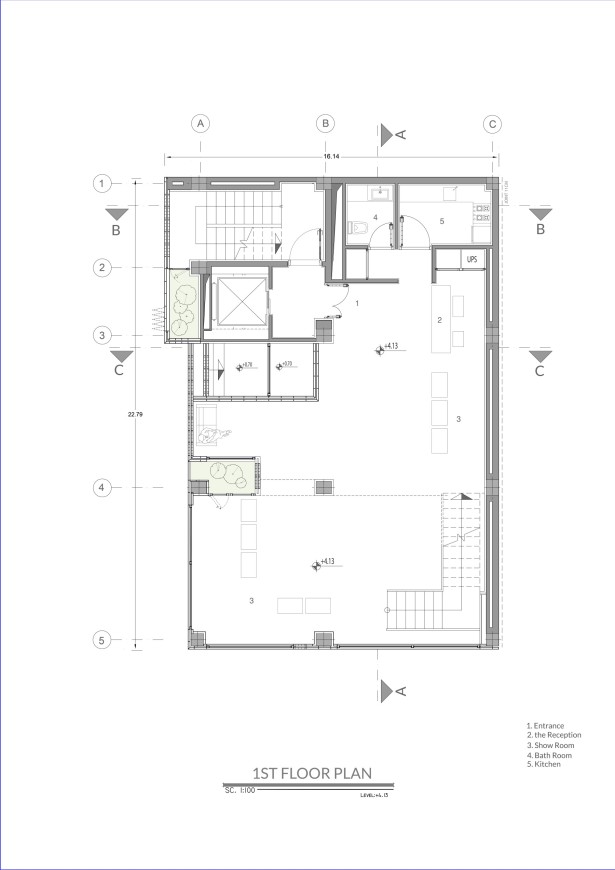
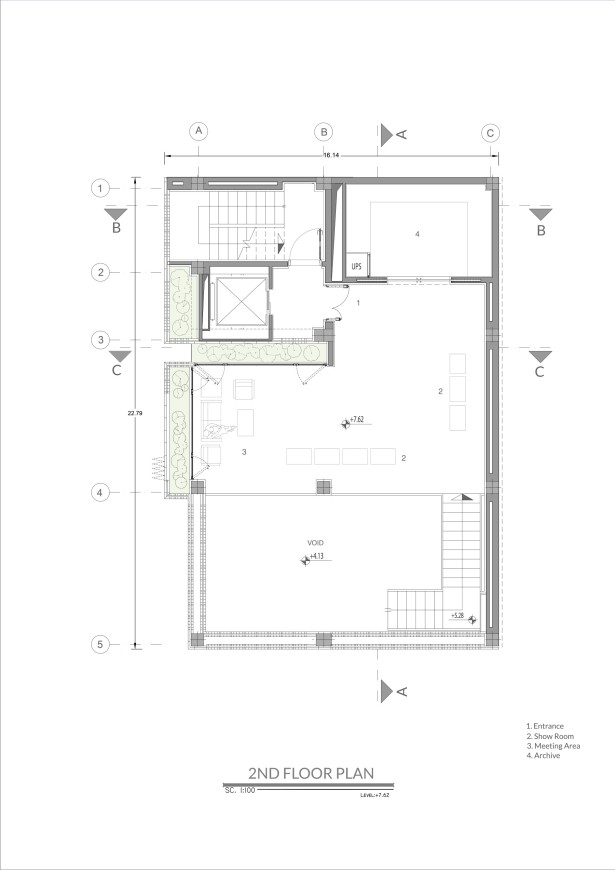
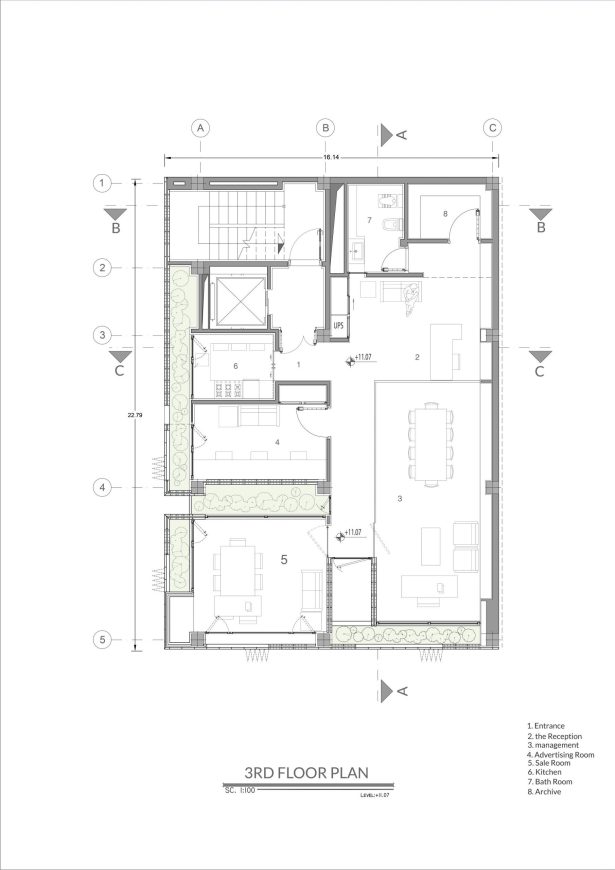
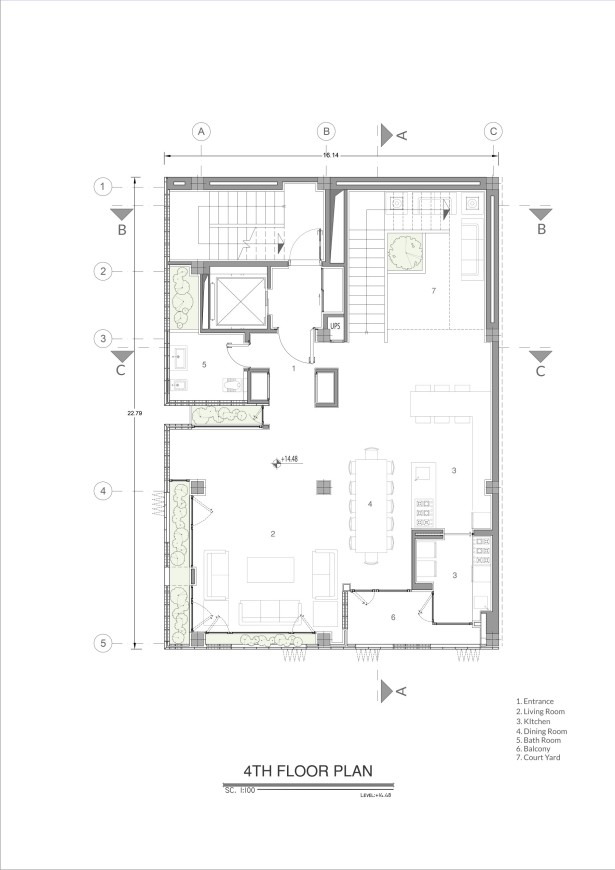
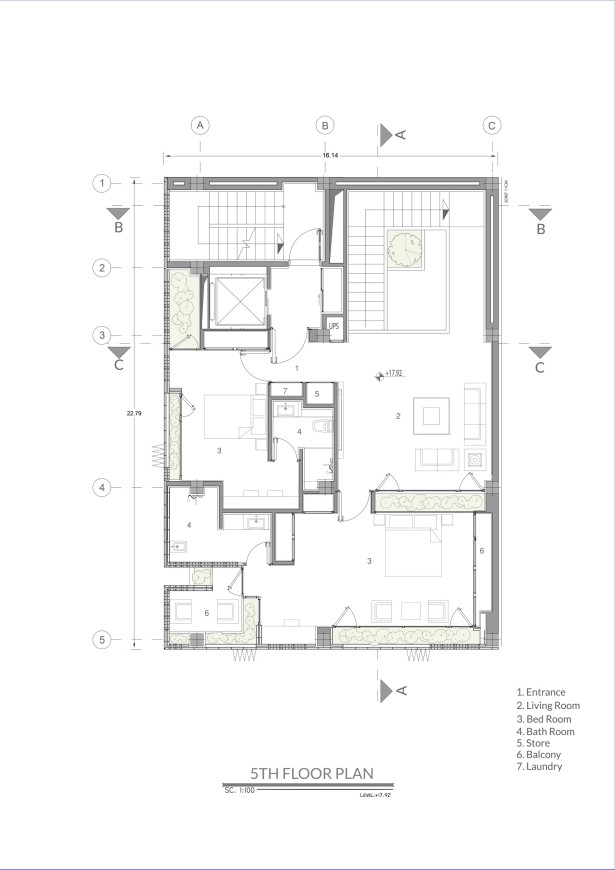
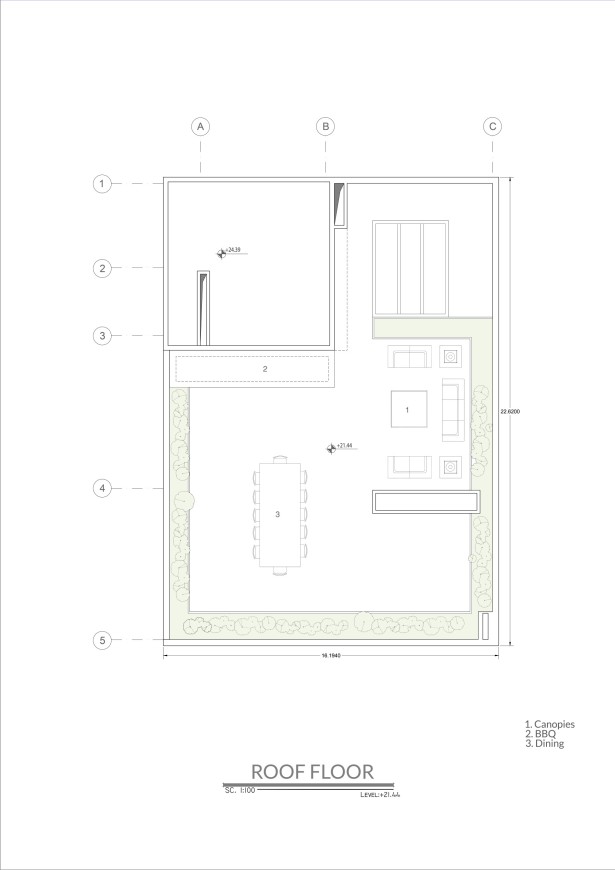
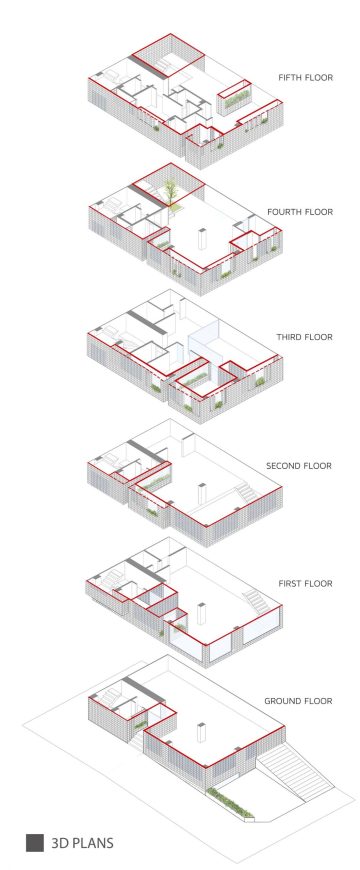



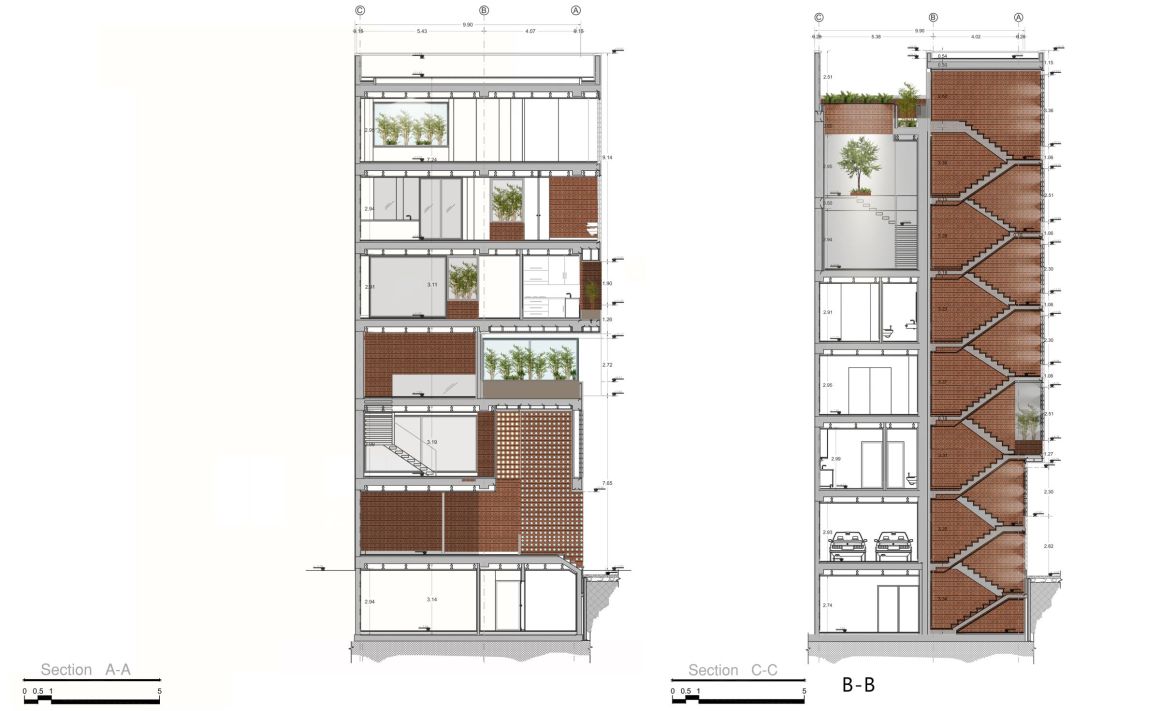


0 Comments